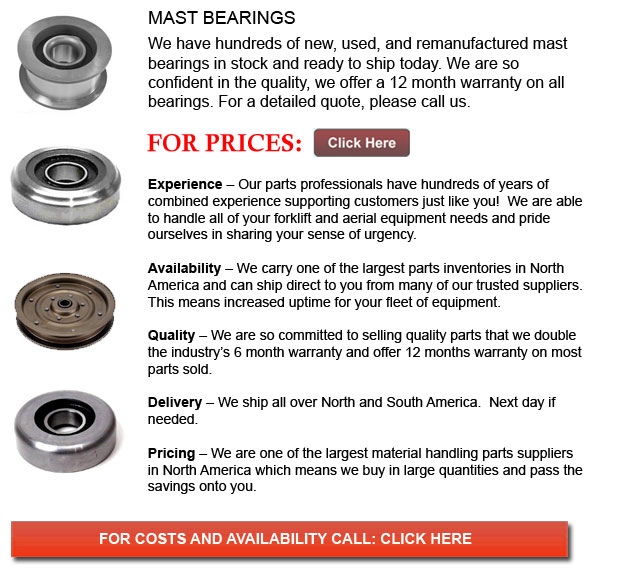
Forklift Mast Bearings - A bearing is a device that allows constrained relative motion among at least 2 parts, usually in a linear or rotational sequence. They could be commonly defined by the motions they allow, the directions of applied weight they can take and in accordance to their nature of use.
Plain bearings are really generally utilized. They use surfaces in rubbing contact, normally together with a lubricant like for instance oil or graphite. Plain bearings may or may not be considered a discrete device. A plain bearing can consist of a planar surface that bears one more, and in this particular instance will be defined as not a discrete tool. It can comprise nothing more than the bearing exterior of a hole together with a shaft passing through it. A semi-discrete example will be a layer of bearing metal fused to the substrate, whereas in the form of a separable sleeve, it would be a discrete device. Maintaining the proper lubrication allows plain bearings to be able to provide acceptable friction and accuracy at minimal expense.
There are various bearings that could help enhance and cultivate efficiency, reliability and accuracy. In various applications, a more suitable and exact bearing can better weight size, operation speed and service intervals, therefore lowering the overall expenses of operating and purchasing equipment.
Bearings will differ in application, materials, shape and required lubrication. For instance, a rolling-element bearing would use spheres or drums between the parts to be able to control friction. Less friction gives tighter tolerances and higher precision compared to plain bearings, and less wear extends machine accuracy.
Plain bearings are normally constructed utilizing different kinds of plastic or metal, depending on how corrosive or dirty the environment is and depending on the load itself. The kind and use of lubricants could considerably affect bearing friction and lifespan. For instance, a bearing could function without whichever lubricant if constant lubrication is not an option because the lubricants can draw dirt which damages the bearings or equipment. Or a lubricant could enhance bearing friction but in the food processing business, it can need being lubricated by an inferior, yet food-safe lube so as to prevent food contamination and guarantee health safety.
Nearly all bearings in high-cycle applications need some lubrication and cleaning. They could need periodic modification to be able to reduce the effects of wear. Several bearings can need irregular upkeep so as to prevent premature failure, although magnetic or fluid bearings can need not much maintenance.
A clean and well lubricated bearing will help prolong the life of a bearing, however, several kinds of operations could make it a lot more hard to maintain constant upkeep. Conveyor rock crusher bearings for instance, are usually exposed to abrasive particles. Frequent cleaning is of little use because the cleaning operation is expensive and the bearing becomes dirty yet again when the conveyor continues operation.
![]() Click to Download the pdf
Click to Download the pdf
Forklift Parts
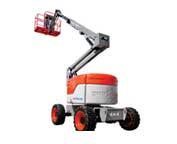
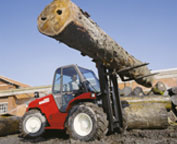
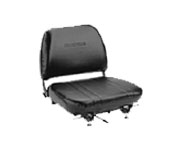
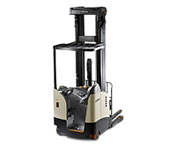
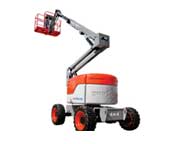
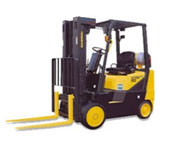
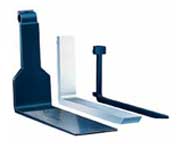
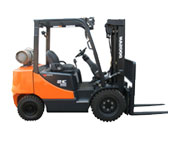
Lift Parts Express
TOLL FREE: 1-888-695-7994
LOCAL: 253-236-7927
325 S WASHINGTON AVE 414
Kent, Washington
forkliftpartskent.com
Email Us
About Us


